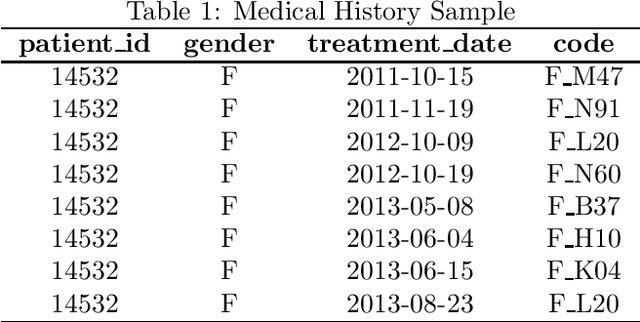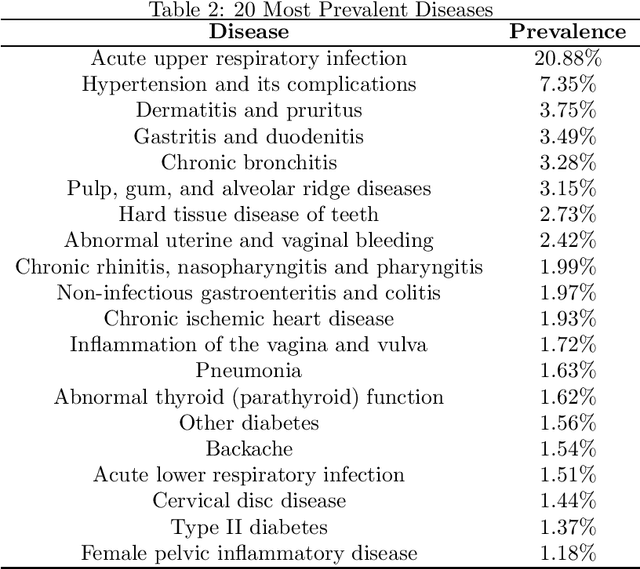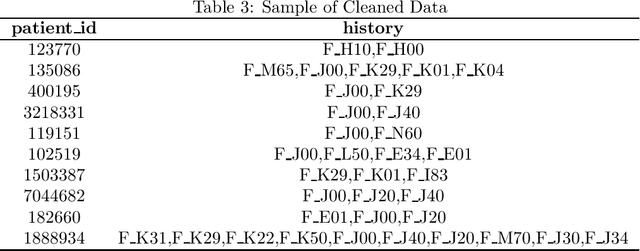Xuan
MLLM-Tool: A Multimodal Large Language Model For Tool Agent Learning
Jan 24, 2024



Abstract:Recently, the astonishing performance of large language models (LLMs) in natural language comprehension and generation tasks triggered lots of exploration of using them as central controllers to build agent systems. Multiple studies focus on bridging the LLMs to external tools to extend the application scenarios. However, the current LLMs' perceiving tool-use ability is limited to a single text query, which may result in ambiguity in understanding the users' real intentions. LLMs are expected to eliminate that by perceiving the visual- or auditory-grounded instructions' information. Therefore, in this paper, we propose MLLM-Tool, a system incorporating open-source LLMs and multi-modal encoders so that the learnt LLMs can be conscious of multi-modal input instruction and then select the function-matched tool correctly. To facilitate the evaluation of the model's capability, we collect a dataset featured by consisting of multi-modal input tools from HuggingFace. Another important feature of our dataset is that our dataset also contains multiple potential choices for the same instruction due to the existence of identical functions and synonymous functions, which provides more potential solutions for the same query. The experiments reveal that our MLLM-Tool is capable of recommending appropriate tools for multi-modal instructions. Codes and data are available at https://github.com/MLLM-Tool/MLLM-Tool.
Disease Prediction with a Maximum Entropy Method
Feb 03, 2021



Abstract:In this paper, we propose a maximum entropy method for predicting disease risks. It is based on a patient's medical history with diseases coded in ICD-10 which can be used in various cases. The complete algorithm with strict mathematical derivation is given. We also present experimental results on a medical dataset, demonstrating that our method performs well in predicting future disease risks and achieves an accuracy rate twice that of the traditional method. We also perform a comorbidity analysis to reveal the intrinsic relation of diseases.
 Add to Chrome
Add to Chrome Add to Firefox
Add to Firefox Add to Edge
Add to Edge